The Maersk’s case
From the Top of the Mountains We Can See Invisible Monuments (Prelude)
Walking Performance and Workshop
According to traditional Aymara thinking, the past is always placed before us as a site of reflection for the present, while the future — what has not yet been lived — remains behind us. This perception of time differs radically from the moira of Western philosophy. In this way, the project seeks to retrace past events step by step, reconstructing collective memory as a safeguard against misfortunes, losses, and crimes perpetuated by capitalist, colonial, and patriarchal systems.
For the performance, The Maersk’s Case, a two-day reflection unfolded on the oil extraction industry and its destructive impacts on nature and society, as well as on the maritime tourism industry that remains so powerful in Porto, Portugal.
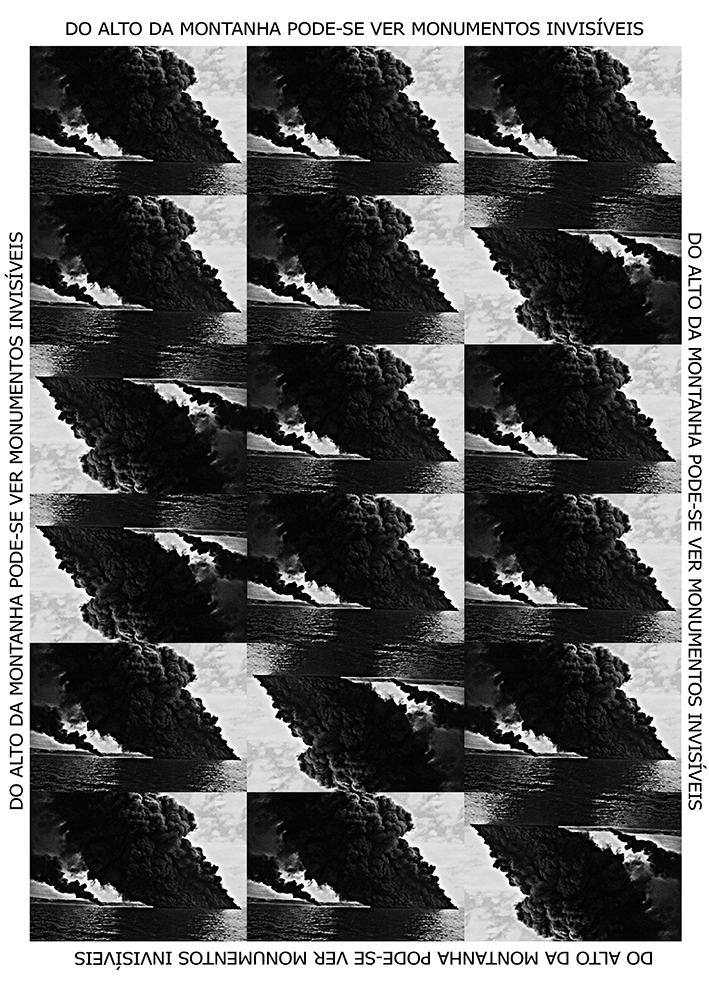
Using performative practices of talking and walking, the guided tour performance began on 2019 November 23, when participants gathered at Espaço Musas, a high point in Porto, for a conversation on the oil extraction industry. In an exercise of recognizing the landscape, we read the territory itself as a cartographic structure of the system that sustains and expands extractivism, oppressing communities beyond the abyssal line. Topics included fracking practices, offshore oil extraction, globalization, transport and logistics, and the cycles of production and consumption. From the top of the mountain, we looked to the horizon to find images of the present that both surround us and hold us at a distance.
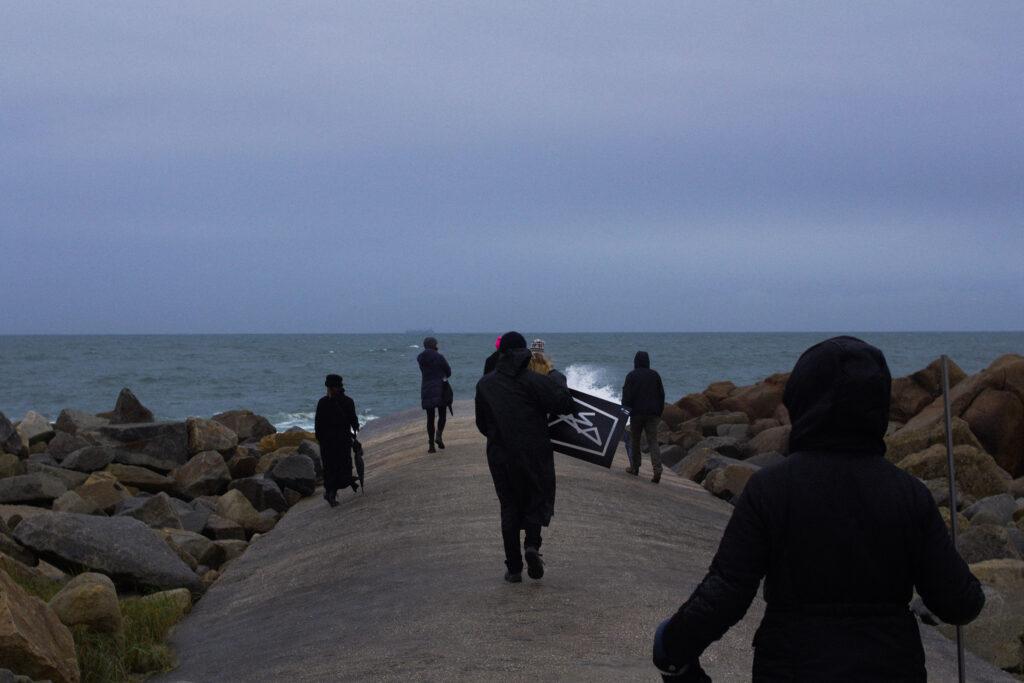
On 2019 November 24, the second day, we moved to the lower part of the city, by the sea. Walking a 2 km stretch, we revisited the history of the Danish oil tanker Jacob Maersk, which exploded on January 29, 1975, spilling 50,000 tons of oil near Matosinhos and Porto. The disaster covered the cities with toxic smoke, severely impacting public health, while destroying marine and terrestrial biodiversity as thick layers of oil reached the coastline within days.
By tracing the shoreline in this walking performance, participants encountered landmarks placed every 260 meters—the length of the tanker—allowing us to reconstruct an invisible monument. This act of remembrance enabled us to perceive, among other things, the modern Portuguese context from its entry into the European Union to transformations in the landscape, cultural practices, and social habits in the region. Walking by the sea, we were thus able to imagine possible futures.
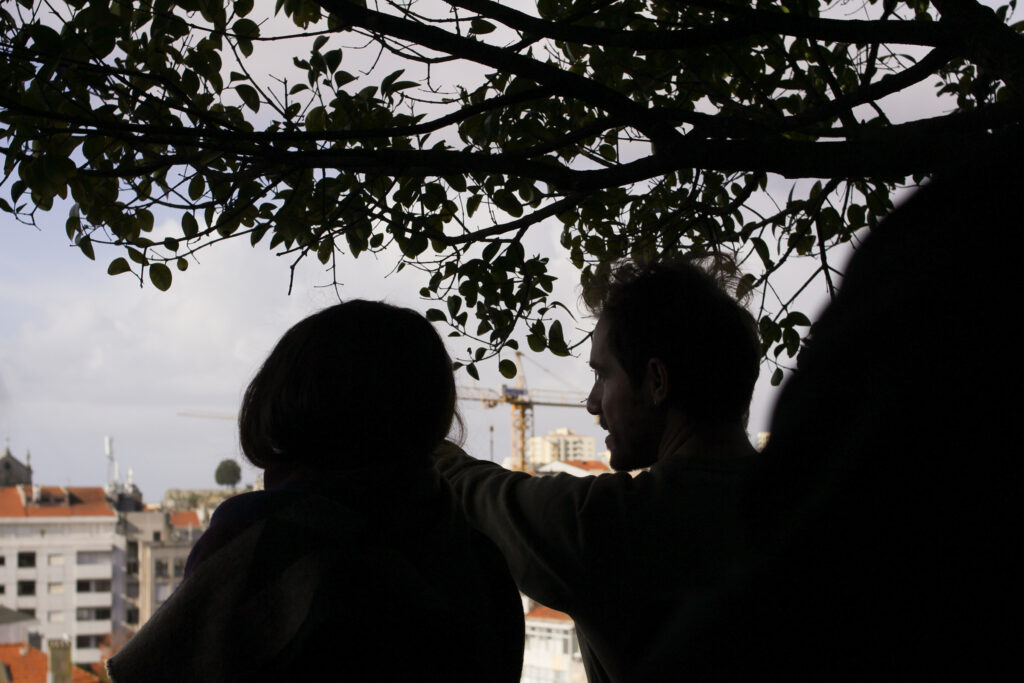
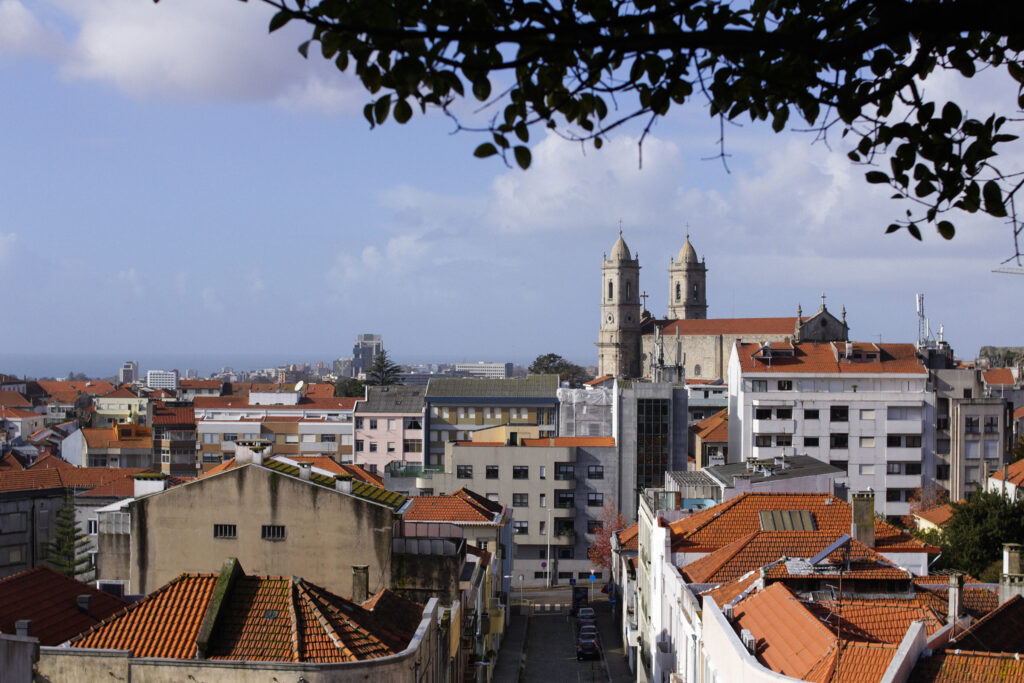
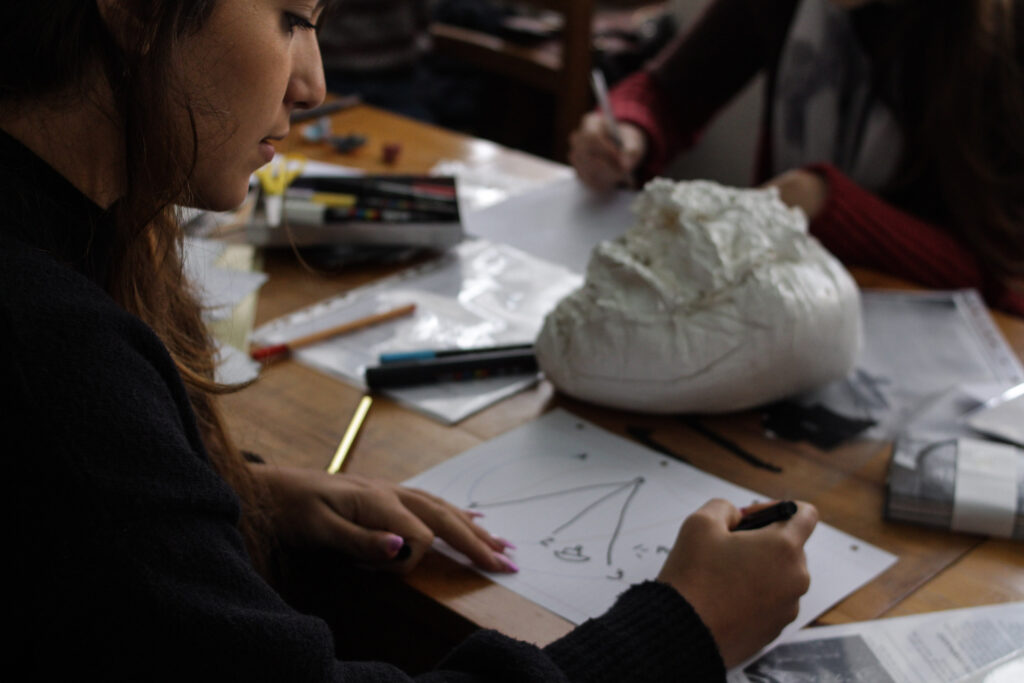
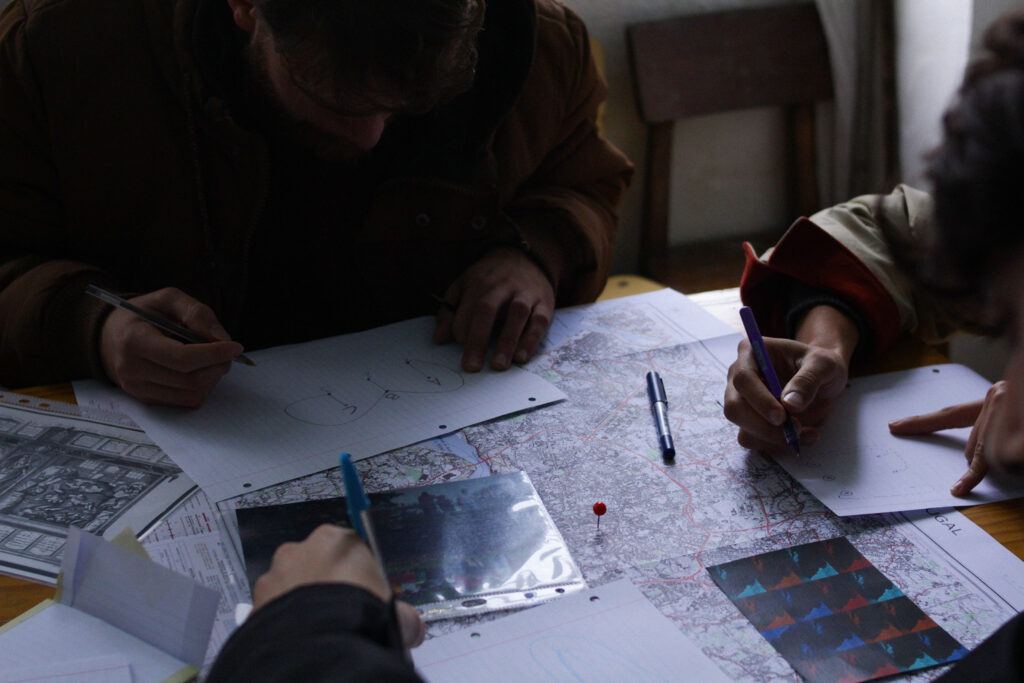
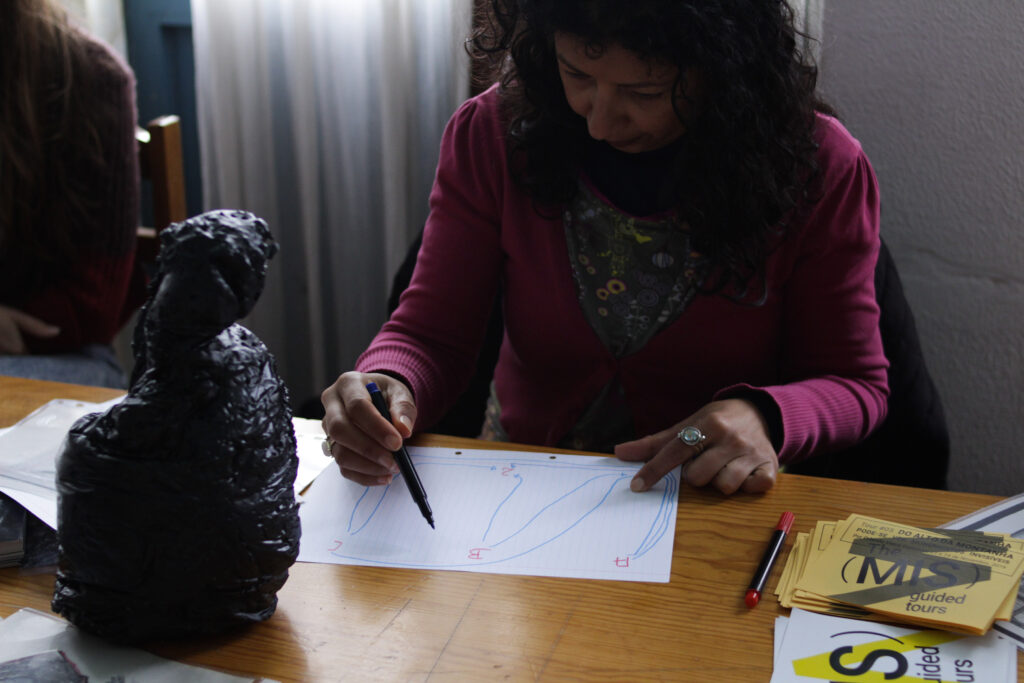
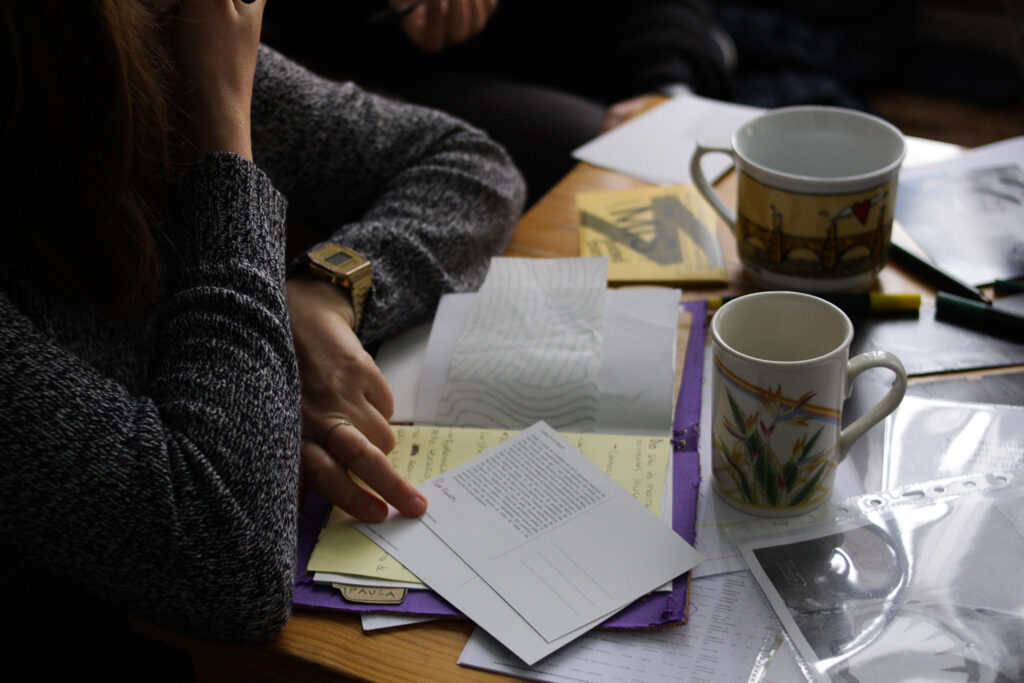
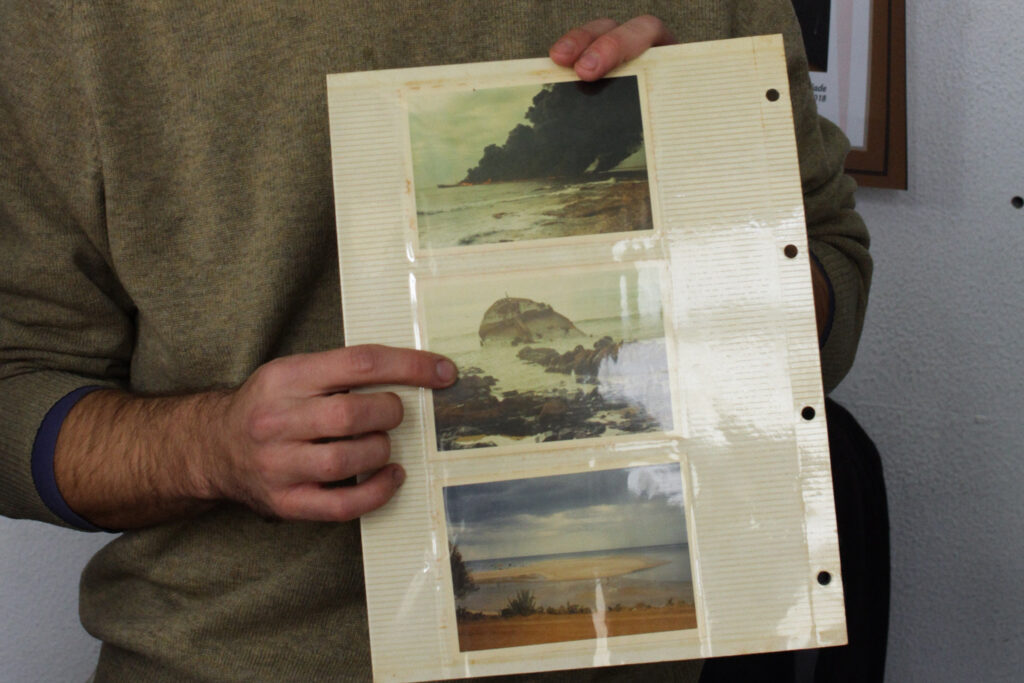
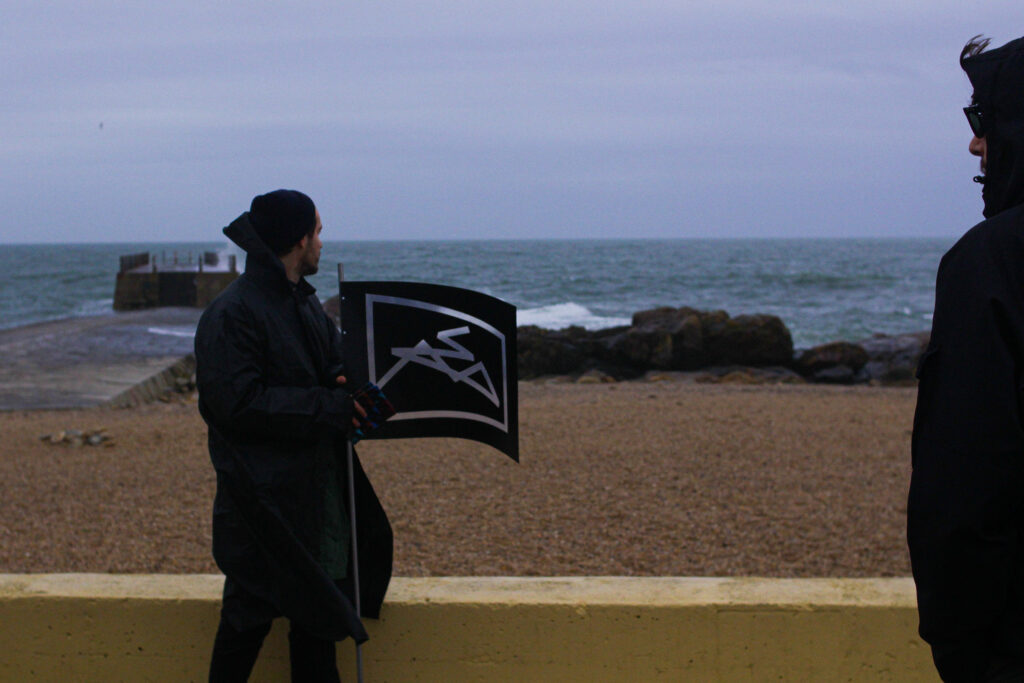
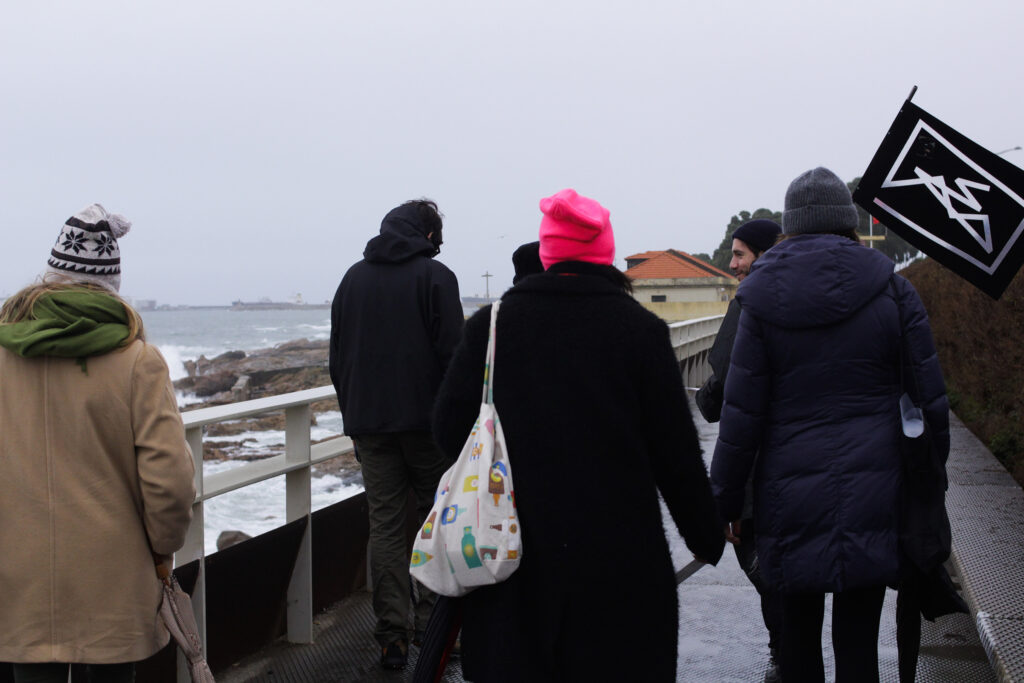
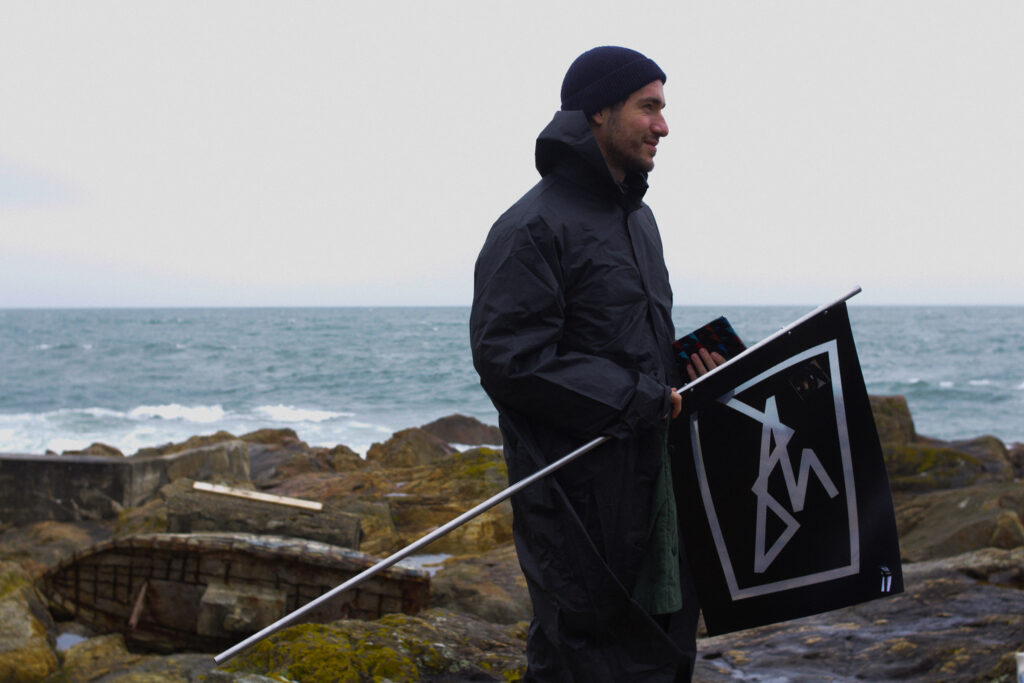
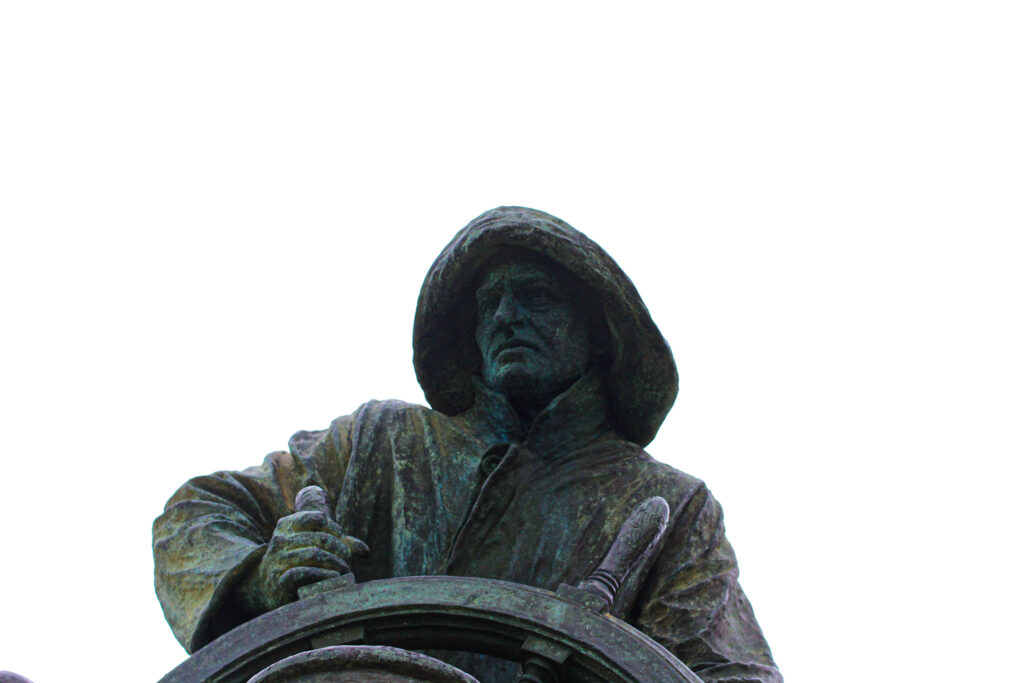
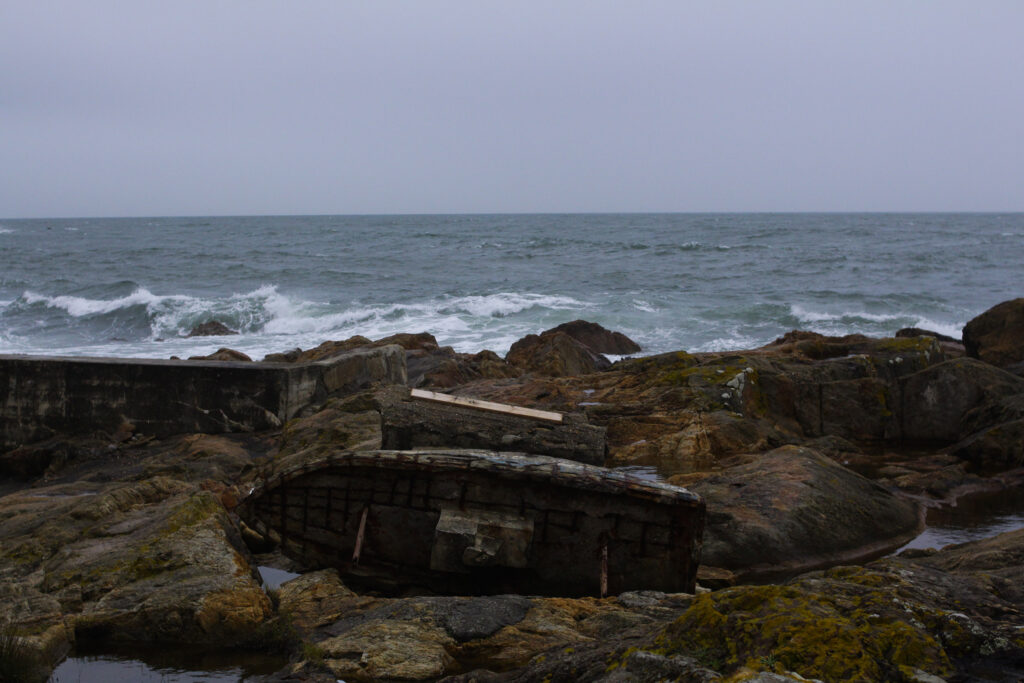
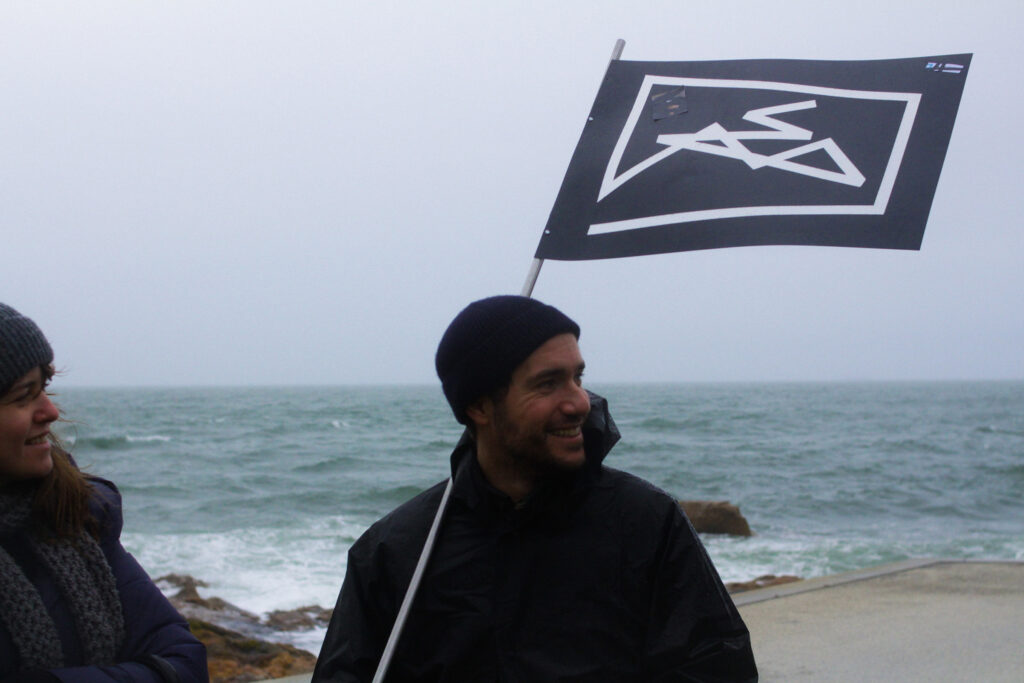
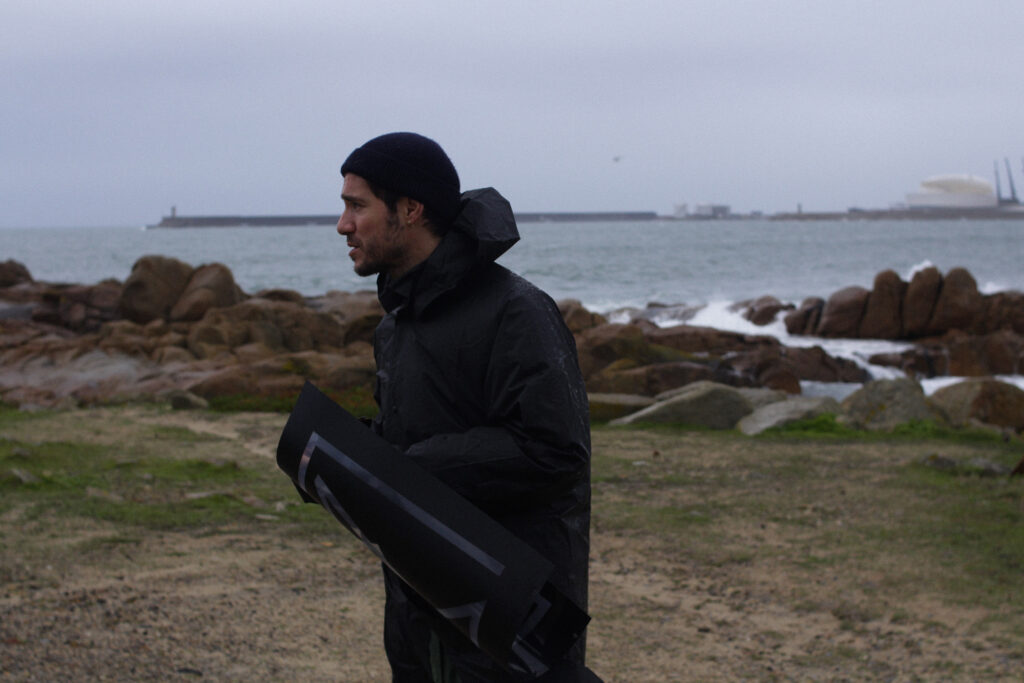
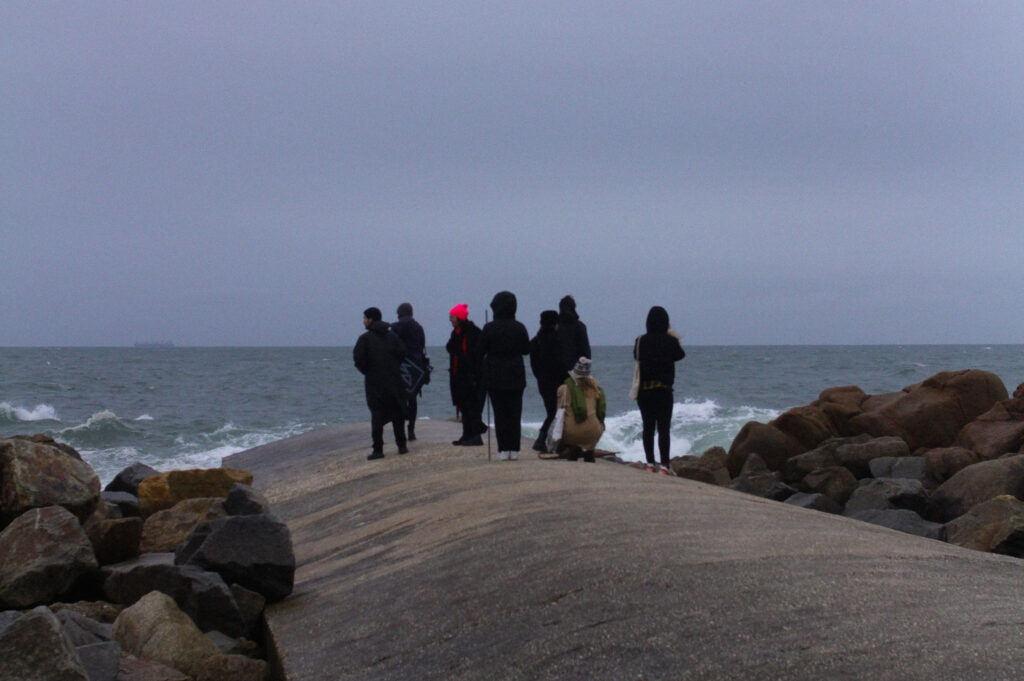
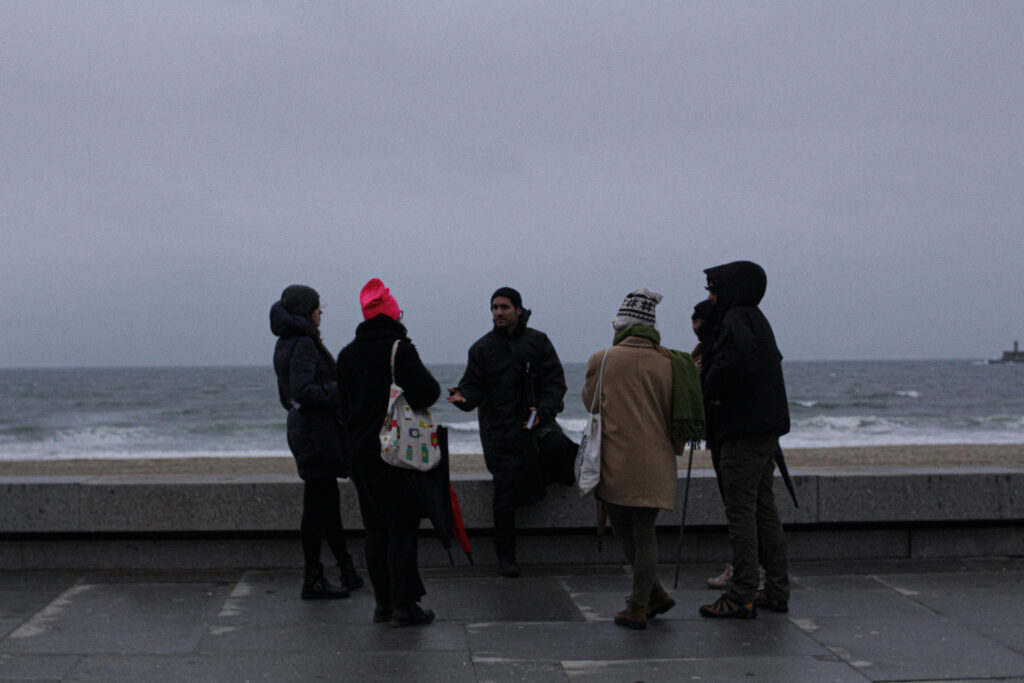
© Coletivo MAAD, Satellite program of the Porto Design Biennale, 2019.